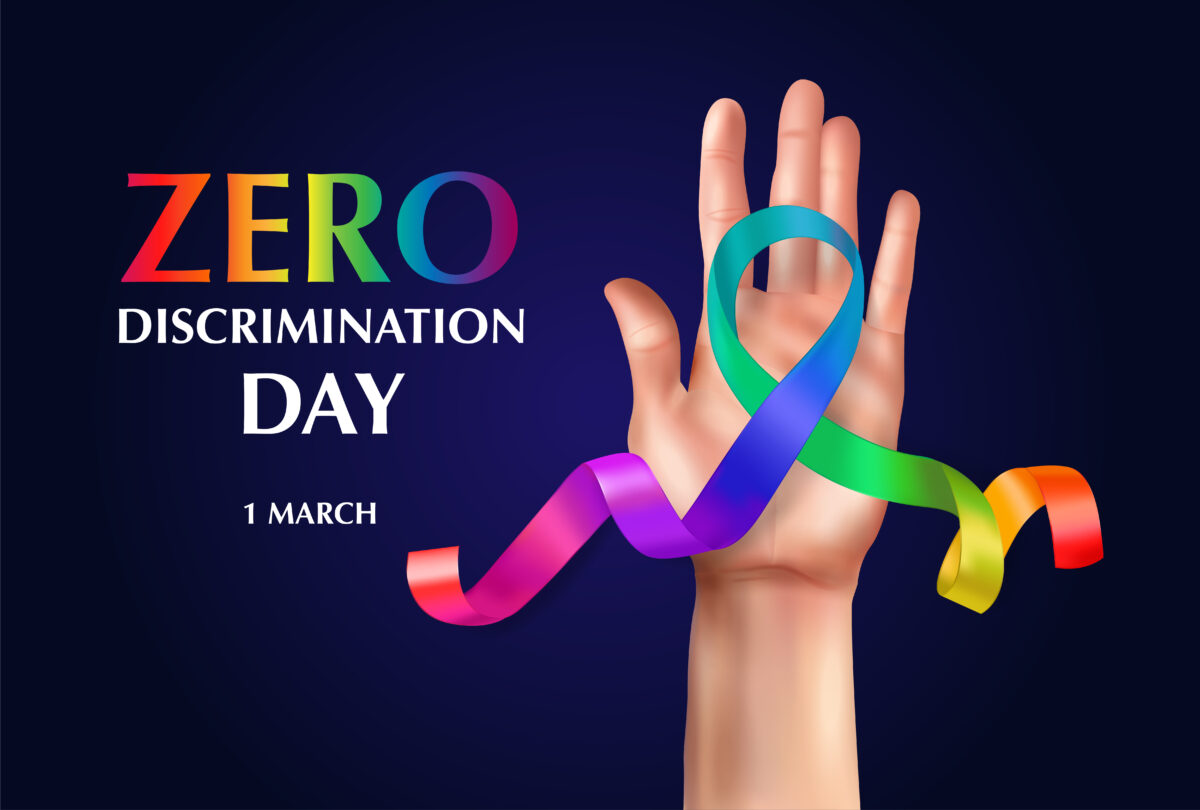“Discrimination is a violation of human rights and must not go unchallenged. Everyone has the right to live with respect and dignity.” – 8th UN Secretary-General Ban Ki-moon
Zero Discrimination Day, or Anti-Discrimination Day, has been celebrated on March 1 since 2014. It was initiated by UNAIDS (UNAIDS), the Joint United Nations Program on HIV/AIDS. On this day, every year around the world, civil society and states, officials, activists, journalists, and donors, again and again, support the elimination of infringement of human rights, including against key groups.
The UN notes that the consequences of inequality are experienced by 70 percent of the entire population of the world and this is a significant obstacle to the development of society as a whole. And the most tangible blow is felt by the most vulnerable segments of the population. Thus, according to UNAIDS statistics, the 90-90-90 treatment cascade in the region of Eastern Europe and Central Asia is still far from being achieved. In 2020, it was 70-44-41 and one of the key reasons for this situation is that social and legal conditions still require significant changes and improvements. In many countries in the region, laws are discriminatory—they deny human rights and fundamental freedoms and result in people being treated unequally, excluded from basic services, or subjected to unreasonable restrictions, simply because of who they are and what they do.
REAct, as a tool for monitoring and responding to human rights violations, sees the solution to the situation as improving the legal environment, providing access to services for key groups, and removing discriminatory barriers from government agencies and society. And these changes are already taking place:
Moldova, 2021. The patient fought for his right to access HIV prevention and treatment services through the electronic REAct system. Together with the coordinating team of the National HIV Program and partnership organizations with the Chief Narcologist of Moldova there was set up the opening of a substitution therapy point in Orhei city.
Tajikistan, 2022. REActors and representatives of state structures jointly changed the picture of constant violations of human rights in the regional AIDS Centers. The situation was extremely difficult: on the part of the medical staff, the status of people was disclosed, personal data was transferred to third parties, there was neglect and contempt, especially towards representatives of LGBT and MSM communities.
Georgia, 2021. The sex worker decided not to be silent and fight for her rights – her husband found out about her work and as a result, the woman was subjected to physical violence. With the help of the REActor, the case was resolved positively, the offender was punished, and the client with the children is now safe.
These are just a few stories. But on their example, we want to say today – it is possible and necessary to comprehensively influence the change in the legal environment to eradicate discrimination. Both from the side of another person, and the whole country as a whole. And thanks to the existing REAct tool and the difficult but effective work of partners and paralegals in the region, this transformation is already happening and making its contribution to the EECA region.
Also read:
Sustainability as a priority: REAct is continuing to function in Georgia in 2023


